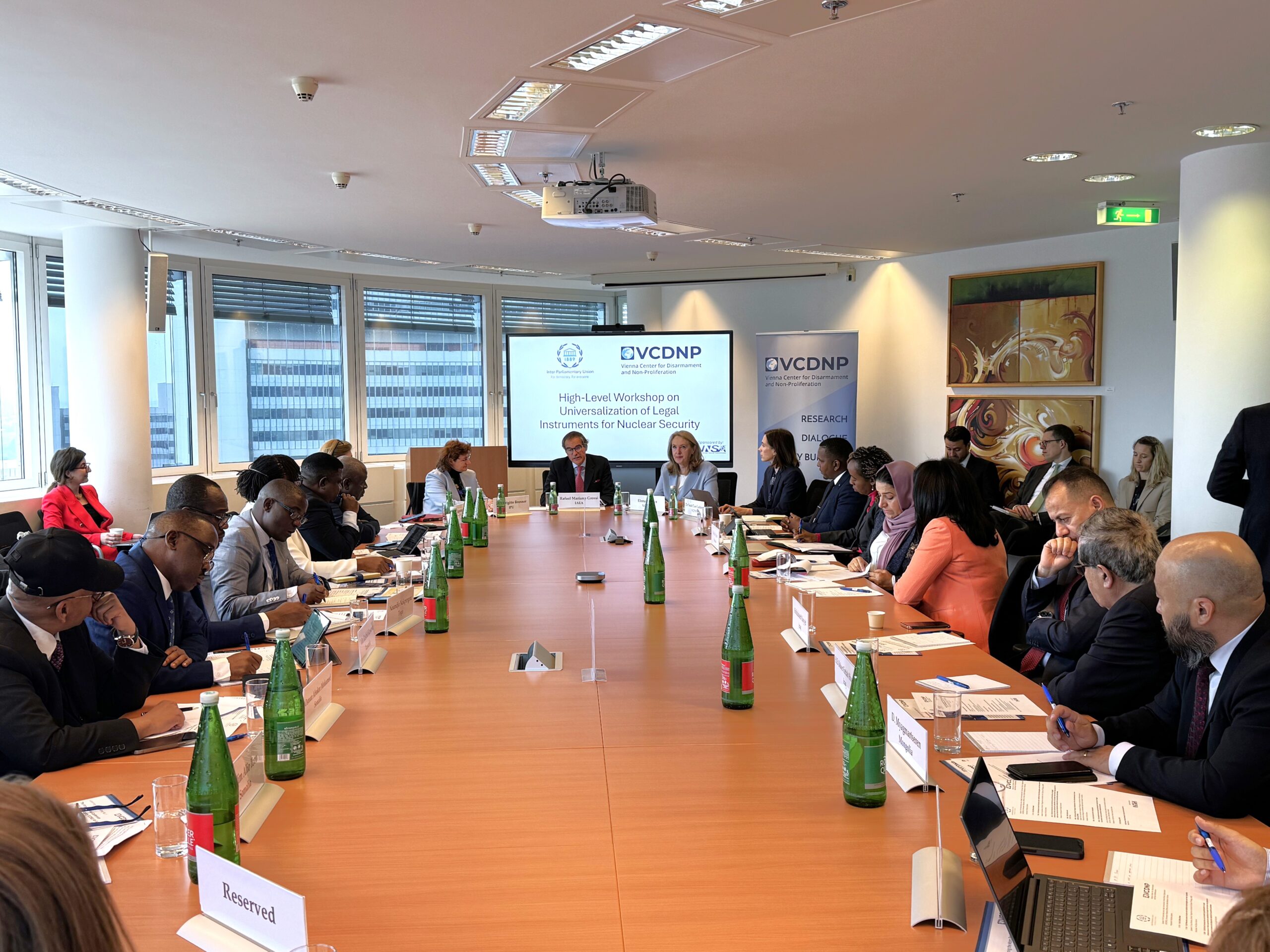
On 12 April 2021, the International Affairs Institute (IAI) and the Vienna Center for Disarmament and Non-Proliferation (VCDNP), as part of the Young Women and Next Generation Initiative (YWNGI), held the first meeting of the recently established Young Women in Non-Proliferation and Disarmament (YWNPD) Mentorship Programme.
The YWNPD mentorship programme, which is organized in the framework of the EU Non-Proliferation and Disarmament Consortium (EUNPDC), pairs 19 young women (mentees), carefully chosen through a highly-competitive selection process, with well-established experts (mentors) to engage in a mentoring relationship that envisions, among other things, regular video-conferencing sessions. Mentees are also expected to attend conferences, seminars, social events, and other activities to be exposed to networking and career opportunities.

The launch event was opened by VCDNP Executive Director Elena Sokova and EUNPDC Chair Sibylle Bauer. Afterwards organisers laid out expectations for the programme and a round of introductions followed. The launch event concluded with a keynote address by Laura Rockwood, Director of the Open Nuclear Network and member of the YWNGI Advisory Board. Ms. Rockwood provided participants with an overview of her career in the field and tips for how to succeed. She shared stories and anecdotes from her experience, in particular her work at the International Atomic Energy Agency, where she served 28 years in the Department of Safeguards and was the principal author of the document that became the Model Additional Protocol. She also provided valuable insights and recommendations on how to thrive in the field, highlighting that sometimes the best career path is not the most direct nor the one you thought you would take. In her experience, Ms. Rockwood noted that active listening, strong writing skills and learning how to structure your thoughts and arguments, have proved valuable.
Aside from mentors and mentees, the event was attended by members of the EUNPD Consortium, of the YWNGI Advisory Board, and by representatives from the European External Action Service (EEAS) and the Service for Foreign Policy Instruments (FPI).

